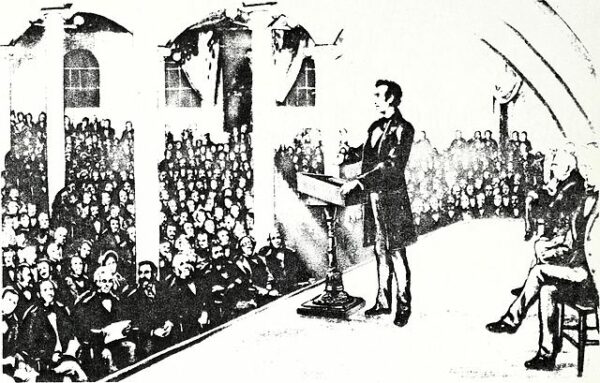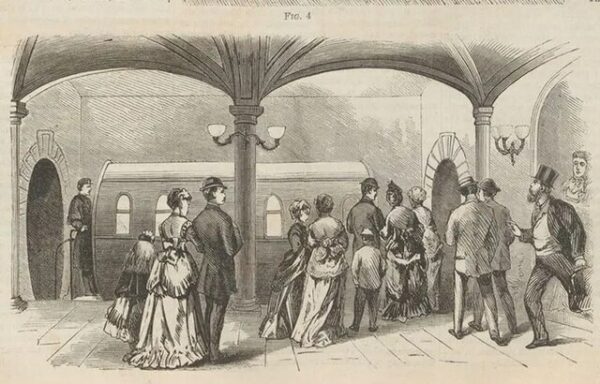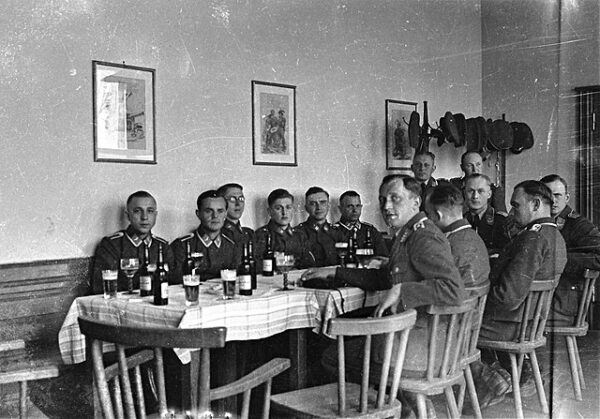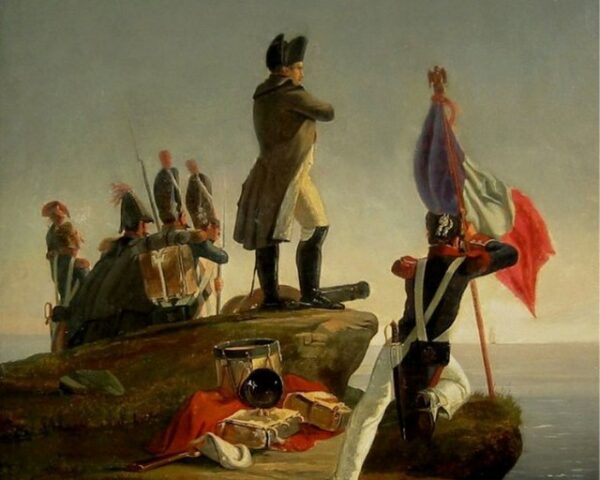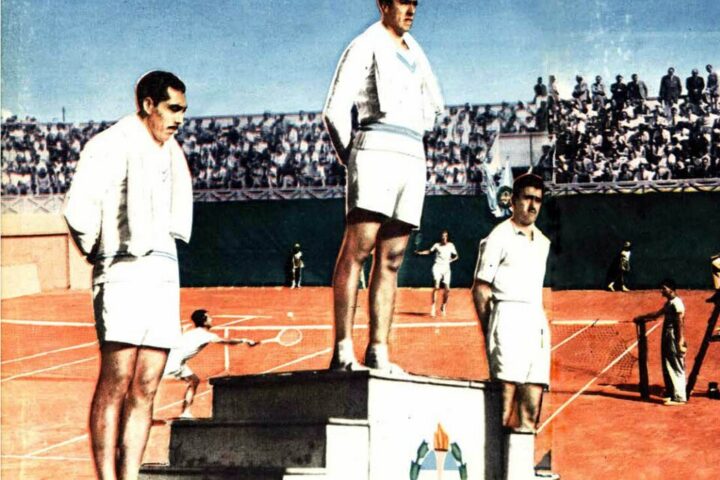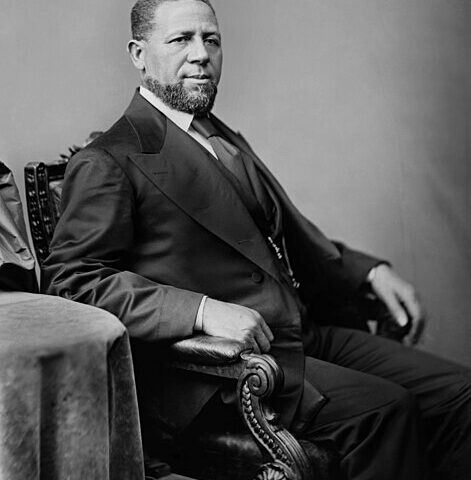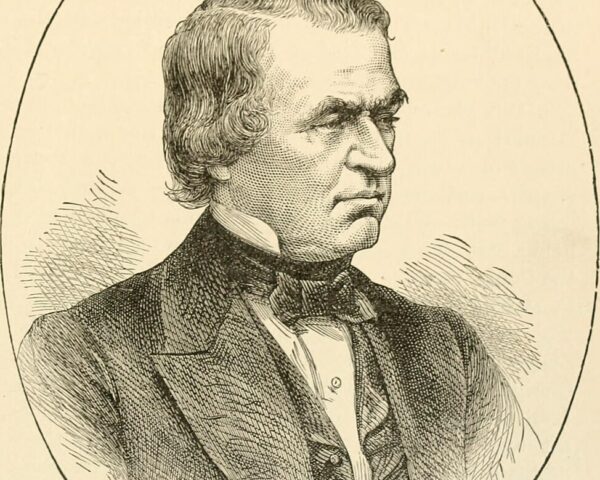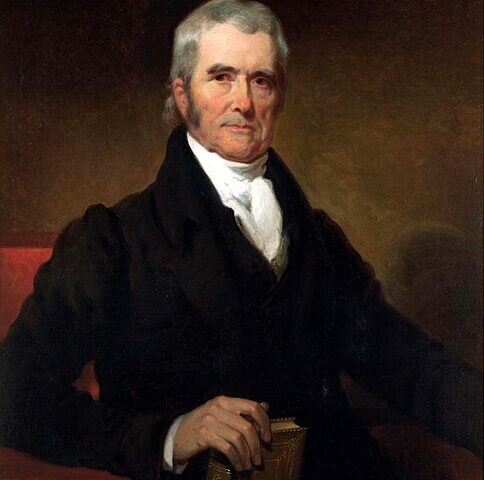Abraham Lincoln’s Cooper Union address, delivered on February 27, 1860, in New York City, stands as one of the most legendary speeches ever given by an American politician. At the time, the United States was deeply divided over the issue of slavery, and the…
Read MoreOn February 26, 1870, New Yorkers descended a staircase near Broadway and Warren Street and stepped into the future. Beneath the clatter of horse-drawn omnibuses and the mud-churned chaos of lower Manhattan, a sleek cylindrical car waited inside a brick-lined tunnel. It did not…
Read MoreOn February 26, 1935, Adolf Hitler made an ominous declaration: Germany would formally reconstitute the Luftwaffe. This was not merely an administrative decision—it was a brazen act of defiance against the Treaty of Versailles, a calculated move that signaled to the world that Germany…
Read MoreOn February 26, 1815, Napoleon escaped from Elba with a small group of loyal followers, landing on the French coast. His charisma and reputation quickly rallied support from both civilians and military units. As he marched towards Paris, his comeback became known as the…
Read MoreOn February 25, 1951, before a packed stadium in Buenos Aires, Argentine President Juan Perón officially opened the first Pan American Games, inaugurating what would become the Western Hemisphere’s premier multi-sport competition. Modeled loosely on the modern Olympic Games but confined to the nations…
Read MoreOn February 25, 1870, Hiram Rhodes Revels of Mississippi made history by becoming the first African American to serve in the United States Senate. This moment was not just symbolic—it was a groundbreaking achievement that reflected the fragile but significant progress of Reconstruction, a…
Read MoreOn February 25, 1836, at the age of 22, Samuel Colt received a U.S. patent that would change American history—the Colt revolver. Unlike traditional firearms of the time, Colt’s design featured a rotating cylinder that could hold multiple rounds of ammunition. This innovative design…
Read MoreOn February 24, 1991, after more than five weeks of relentless aerial bombardment, coalition ground forces surged north across the Saudi Arabian border into Iraq, launching the decisive land campaign of the Gulf War. The moment marked the beginning of the war’s climactic phase—an…
Read MoreOn February 24, 1868, Andrew Johnson, the 17th President of the United States, became the first president ever impeached by the House of Representatives, marking a pivotal moment in American political history. This event was not just the result of partisan rivalry; it emerged…
Read MoreOn February 24, 1803, the Supreme Court established its power, shaping the country’s constitutional framework and establishing the principle of judicial review. Marbury v Madison centered around a dispute involving William Marbury, one of the “midnight judges” appointed by outgoing President John Adams in the final…
Read More

